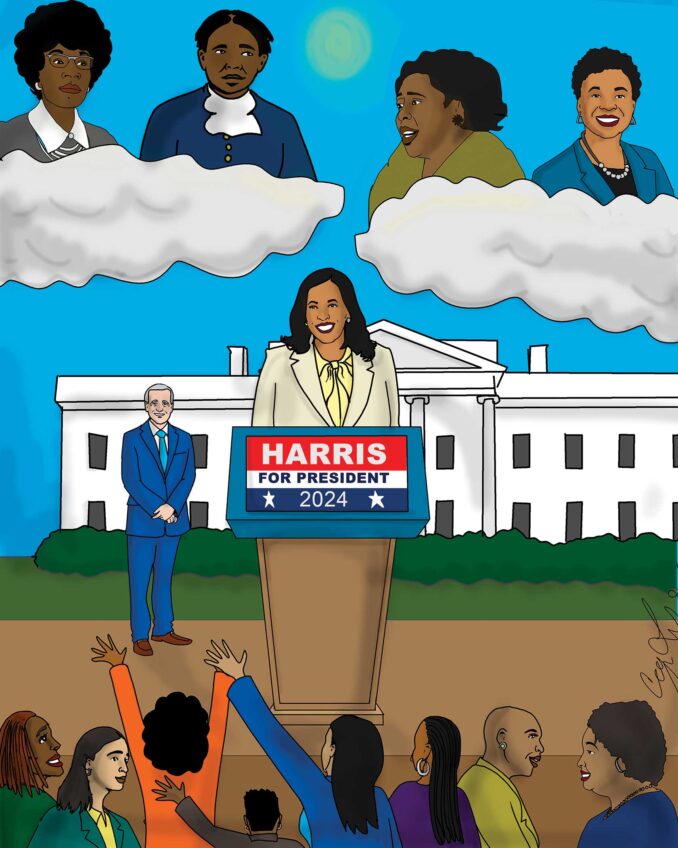Fifty-six years ago, President Lyndon Johnson signed into law one of the most important pieces of legislation in American history: the Voting Rights Act of 1965. This law took a number of important steps to empower citizens that had long faced de facto and de jure barriers to the ballot box. It repealed blatantly racist policies, like literacy tests, and provided the federal government the tools it needed to stamp out segregationist electoral policies wherever they were introduced.
The Voting Rights Act was more than a symbolic victory; it was a truly substantive piece of policy that proved highly effective in achieving its goal. For example, in 1952 — prior to the law’s passage — only about one million, or 20%, of eligible Black individuals in the South were registered to vote. By 1968 — three years after the law’s passage — that number had climbed to three million, or 60%. The federal government built upon this success in the following decades by making the Voting Rights Act even stronger. Section 203 of the Act, for instance, introduced protections for non-English-speaking populations to ensure that they could receive all election-related materials in their native language. In a matter of decades, the federal government took small but critical steps to address the racism and oppression that had plagued its electoral system for centuries. But in 2013, that progress came to a screeching halt with the U.S. Supreme Court ruling in Shelby County v. Holder. The Court ruled against a key provision of the Voting Rights Act, dramatically limiting the federal government’s ability to conduct oversight in jurisdictions with a history of discriminatory electoral practices.
Almost instantly, efforts to undermine voters, especially Black and brown, low-income and immigrant voters, reappeared. Dozens of states across the country introduced voter ID laws and purged tens of millions of voters from the rolls. As recently as this year, the state of Georgia passed a horrific law that dramatically impedes the right to vote, adding additional identification barriers and barring individuals from passing out food and drinks to those waiting in line to vote. Make no mistake: Policies like these are targeted specifically at hampering, if not preventing, Black and brown, low-income and immigrant voters from having their voices heard at the ballot box.
So, 56 years later, what do we have to celebrate? A crippled law that is a shell of its former self? No. Instead, we have a proven policy that made voting more accessible, empowering citizens who so often saw their interests ignored. It has since been weakened, but it has only been weakened because of the effect it had. It scared those who treasured the status quo and believed that Black and brown, low-income and immigrant communities were not as in need of truly just and equitable protection.
The way forward is clear: Congress must waste no time in resuscitating the Voting Rights Act of 1965 by passing the John Lewis Voting Rights Act. Here in Massachusetts, we must also work to make voting more accessible and inclusive. We must pass reforms like the VOTES Act, the FARE Act, and jail-based voting reform. We must ensure that the redistricting process empowers Black and brown, low-income and immigrant communities to the greatest degree possible. We must treasure the memory of August 6, 1965, and honor the legacy it has since left behind.
Cheryl Crawford is the executive director of MassVOTE.






